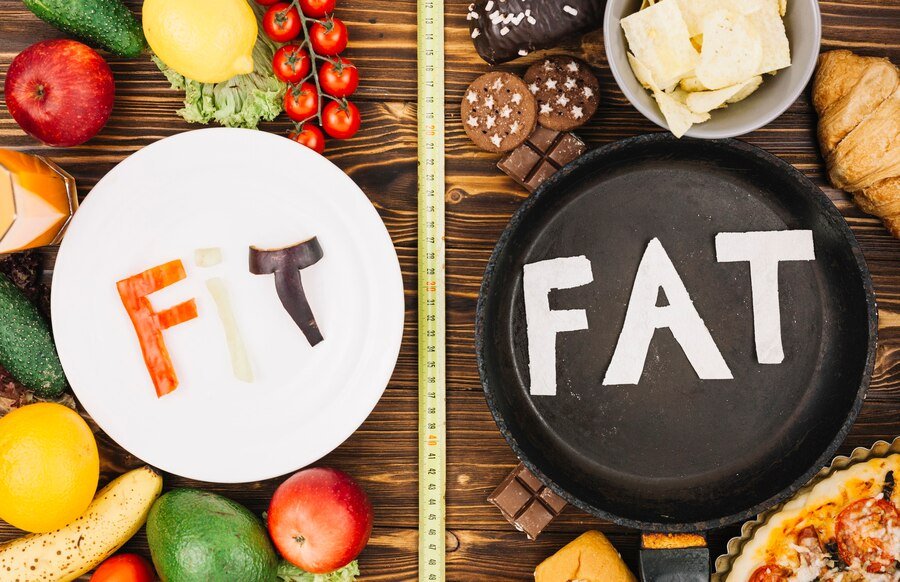Impacts Of Oily Food On Your Body Oily food items can be found at fast food joints as well as work environments, cafes, schools and even homes.
Oily foods typically include anything cooked with excess oils such as french fries, potato chips, thicker style pizzas, onion rings, cheeseburgers and doughnuts.
These foods tend to be high in calories, fats, salts and refined carbs while offering little in the way of fiber, vitamins or minerals.
Oily foods can make for delicious treats on special occasions, yet their effects on both short- and long-term health may be detrimental.

The Following Are 5 Impacts Of Oily Foods On Your Body: Impacts Of Oily Food On Your Body
- May Cause Bloating, Stomach Pain, And Diarrhea
Of all of the macronutrients – carbohydrates, fat and protein – fat is most easily assimilated.
Oily foods contain large quantities of fat that slow stomach emptying. Therefore, more energy is consumed by your digestive tract which may lead to bloating, sickness and abdominal pain.
Individuals suffering from digestive conditions like IBS, ongoing pancreatitis or a stomach virus could experience increased abdominal pain from eating greasy foods due to inflammation. Furthermore, these may also trigger symptoms like stomach cramping, squeezing and diarrhea resulting in further discomfort.
- May Impede Your Stomach Microbiome

Your body has its own natural ecosystem which helps digest food effectively. Anything that changes this balance could have adverse consequences.
Oily foods have the power to adversely impact the beneficial microorganisms living in your digestive system.
This collection of bacteria, commonly referred to as the stomach microbiome, plays an integral part in many bodily processes including:
Assimilating fiber. Microorganisms in your stomach use fiber as fuel to produce short-chain fatty acids (SCFAs), which have beneficial digestive health properties and may prevent digestive issues.
Immune Response. Your stomach microbiome communicates with immune cells to control how quickly and appropriately your body responds to contaminants, helping you avoid allergic reactions from contaminants.
Weight Guidelines. An imbalance of stomach microbes could contribute to weight gain.
Stomach health. Alterations to the stomach microbiome have been linked to IBS symptoms and probiotics – live, healthy microorganisms found in certain foods – may help alleviate further development of symptoms.
Heart health. Healthy gut microbes could contribute to protecting HDL (good) cholesterol levels while harmful species could create conduit damaging compounds and contribute to heart disease.
An oily diet may damage your stomach microbiome by increasing the number of pathogenic organisms and decreasing healthy ones.

These shifts could be linked with obesity and chronic health conditions like cancer, heart disease, diabetes and Parkinson’s.
No matter the situation, additional research on diet and stomach health are required.
Weight Gain and Obesity may occur as a result of metabolic processes that lead to weight gain.
Oily foods with high fat contents may contribute to weight gain due to their unhealthy nutritional profiles.
An average prepared potato (3.5 ounces or 100 grams) contains 93 calories and 0.1 grams of fat; by comparison, an equivalent measure of French fries provides 312 calories with 15 grams of fat.
Studies show a correlation between high intakes of fast and processed food products, such as soda and fast food, and rapid weight gain and obesity.
Stoutness has been linked with many negative health conditions, including heart disease, diabetes, stroke, and certain cancers.
- May Prompt Weight Gain And Obesity
Trans fats are produced when vegetable oils are altered artificially to remain solid at room temperature. While their use has been restricted by many guidelines, trans fats still appear in numerous oily food due to the widespread use of partially hydrogenated vegetable oils for broiling and food processing purposes.
Increased risk of heart disease and stroke
Oily foods have various negative ramifications on heart health.
Singed foods have been linked with higher blood pressure, decreased HDL (good) cholesterol levels, weight gain and obesity – all factors associated with heart disease.
Studies reveal that potato chips increase aggravation and may contribute to heart disease.
- May Increase Your Risk Of Heart Disease And Stroke
Your risk of heart disease could also be tied to how often you consume spicy or other high-sodium foods.
One study revealed that women who consumed at least one serving of singed fish every week were 48% more likely to experience heart disappointment compared to individuals who only consumed 1-3 servings each month.
An additional review showed that individuals who consumed at least two servings of singed fish every week were 63% more likely to experience heart attack or stroke compared to those who consumed less than 1 or less serving per month.
An expansive review that included over 6000 individuals across 22 nations found an association between eating spicy food, pizza and spicy snacks with an increased risk of stroke of 16%.
- May Raise Your Risk Of Diabetes
Oily foods could increase your risk for type 2 diabetes.
Fast food consumption often leads to weight gain, poor control over blood sugar levels and increased irritation.
Therefore, these factors increase your risk for type 2 diabetes and metabolic disorder, including obesity, high blood pressure and elevated sugar levels.
An expansive observational investigation revealed that eating singed food one to three times each week increased the risk of type 2 diabetes by 15% – while including 7 or more examples each week increased this risk by 55%.
Another study discovered that individuals who consumed fast food multiple times each week had twice as much chance of insulin blockage – often precursory to diabetes – than those who only consumed fast food once or less each week.
Also Read: 10 Habits For A Healthier And More Productive Workday


